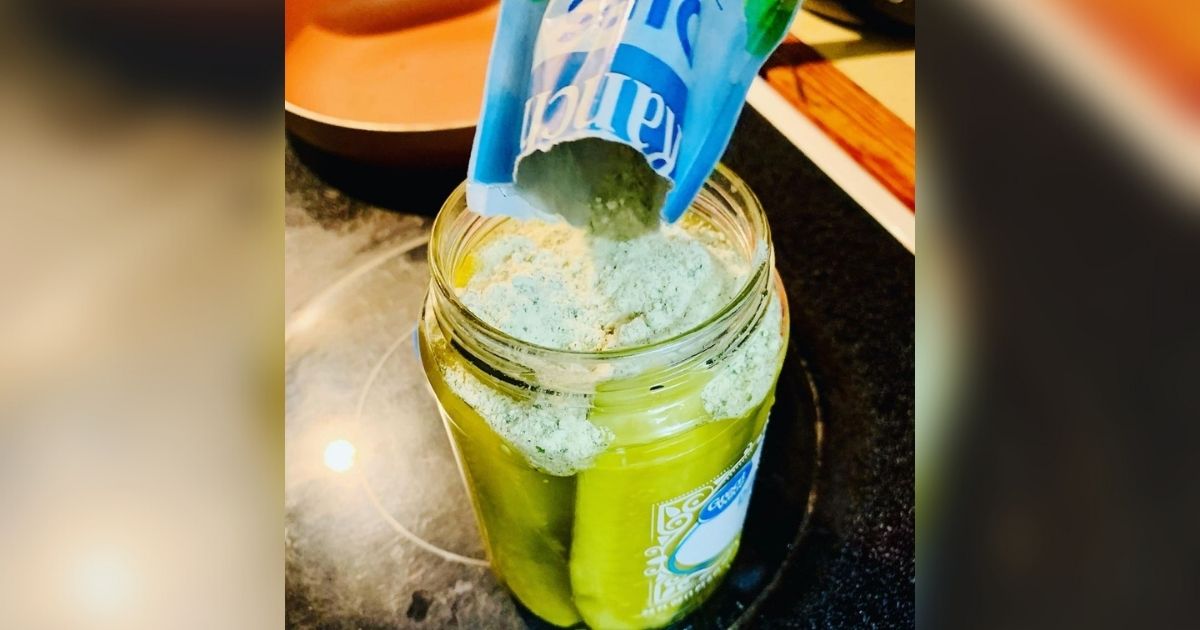Do you want to become a master chef? How about at least feeling confident in the kitchen? There are some necessary knife skills that every chef should have. They will make your time spent in the kitchen safer and more efficient while improving the quality of your culinary masterpieces.
Are you ready to get chopping?
Let’s get started.
#1 It starts with the cutting board
The cutting board you choose is important. If you pick a glass cutting board, your knife may slide along the surface when you chop. This can lead to difficulty cutting. It also significantly increases the risk of a painful accident if the knife slips too far.
A bamboo cutting board is your ideal solution. The material allows the knife to dig in just enough so that the blade lands precisely where you want it to land and stays there until you are ready for the next chop.
Make sure to place a damp paper towel under your board right before you begin slicing and dicing. This will keep the board from sliding on the counter and reduce your risk of injury even more.


#2 Choose the correct knife
You don’t need to have a slew of knives to start. A good one to begin with that will work for most chopping purposes is an 8-inch chef knife with a slightly rounded blade.


#3 Hold your knife correctly
Use your thumb and index finger to pinch the top (dull) side of the blade, and then bring your remaining fingers to wrap around under the bottom of the handle. This will ensure that you have a solid grasp of the knife.


#4 Keep the knife on the cutting board
For safe and accurate cutting, the sharp edge of your knife should rarely leave the cutting board. The rounded blade of a chef’s knife makes it possible to rock the blade back and forth, starting at the tip, so that you can make multiple slices without ever lifting the entire edge off the board.


#5 Hold the food correctly
No matter what you are cutting, make sure that you are using the correct grip to keep it in place while also making certain that your fingers stay out of harm’s way. For this, the perfect method is the claw grip with the tip of your fingers flat against the food for a solid grasp.


#6 Use the properties of the food
Often, you will want to remove the base or a fibrous center last when chopping a vegetable. This is because that portion often holds the entire vegetable together when it is being cut. If you remove it first, you won’t have a single secure part to grip, and chopping it cleanly and evenly will become a much larger task.
Note: This does not apply to garlic. It is best to remove the tip first in the case of garlic to speed along the removal of the skin.


#7 Slice before you dice
Make your slices the long way down your item (a green onion, in this case) before beginning to chop. This will result in everything being diced the first time and with minimal effort. Doesn’t that seem faster than any other method?


#8 Use a roll cut for finer dicing
If you need to dice things more finely, take your diced food and push it all together into a pile on the cutting board. Then use a roll cut to go over that area multiple times. Only use one hand for this. You do not need to have a grip on the food at this stage.
Scoop it all back together into a pile again and repeat until you have a finely and perfectly chopped result.


#9 Skip the knife when peeling ginger
With most vegetables, you will want to use your knife to help remove the skin. In the case of the thin skin on often oddly shaped ginger, skip the knife and get out a spoon. Point the inside of the spoon towards the ginger and scrape away at it gently. The skin will peel right off.


Now you are ready to get chopping! Do you want to learn more?
Check out the video below!
Please SHARE this with your friends and family.
Kroger Culinary 411 via YouTube














